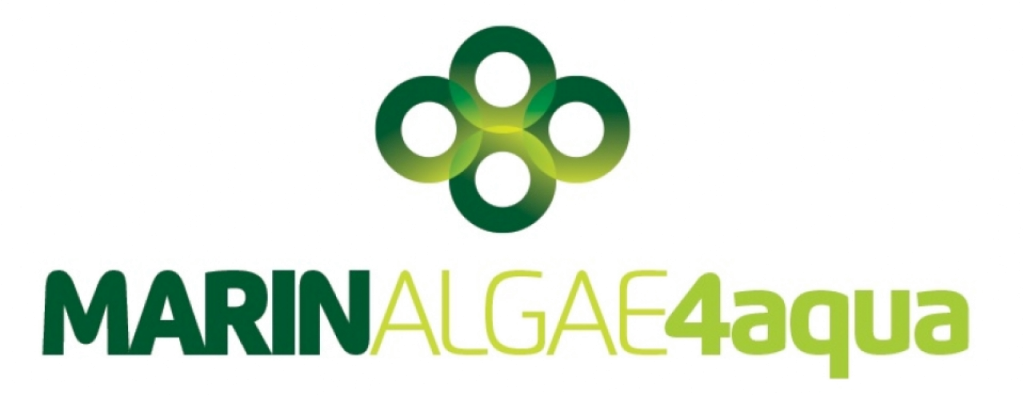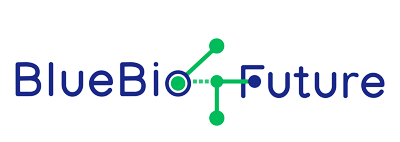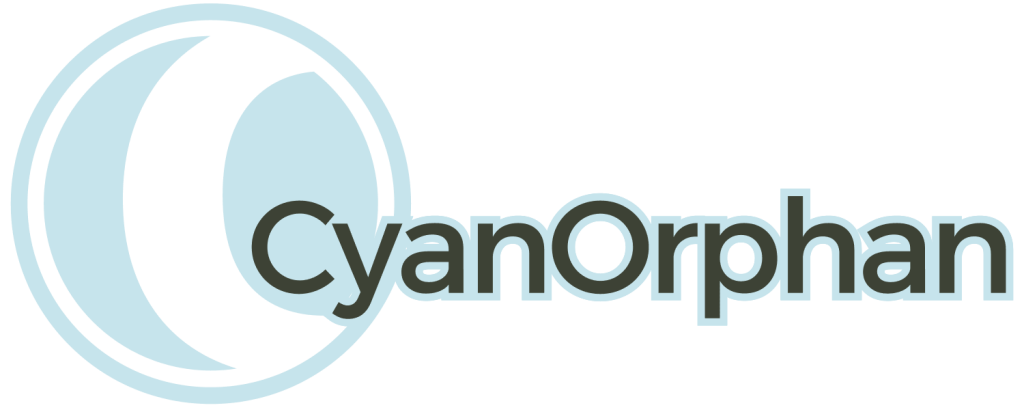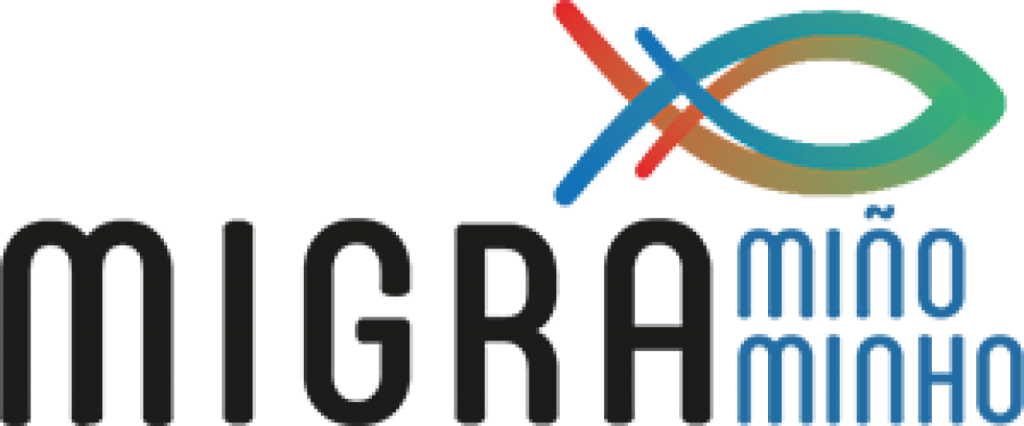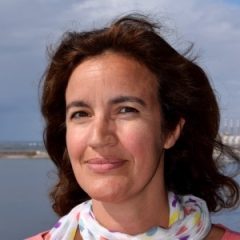
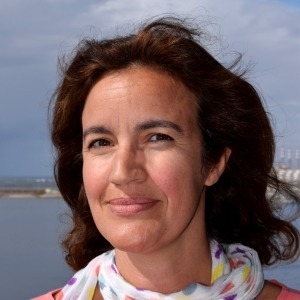
Researcher
Isabel Costa received her PhD from the University of Porto in 2008 in estuarine ecology and modelling, working on primary productivity and phytoplankton community function. She has worked on ecological quality assessment and rehabilitation of freshwater and estuarine ecosystems, in academic and industrial environments. She has been working for several years now in seaweeds cultivation projects, namely in developing and implementing methods for seaweed cultivation at the lab, at sea, and on land pilot scale facilities; and in seaweed valorization projects as food and feed ingredients. She participated in 12 projects and published so far 13 publications in SCI journals. She has collaborated with different academic institutions as a teacher, at bachelor and master levels, and as student supervisor.
